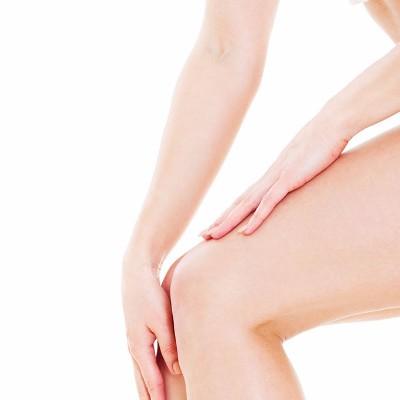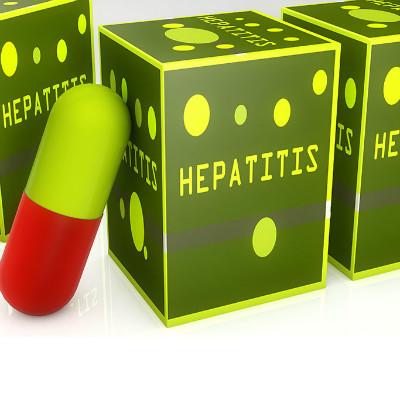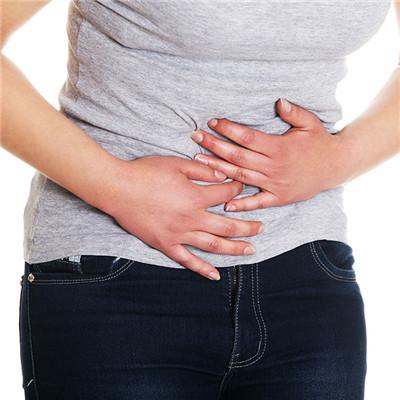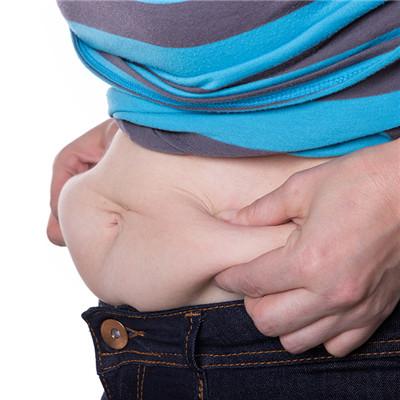What examination does fatty liver do
summary
Fatty liver recently always feel nausea, vomiting, fatigue, loss of appetite, some people say this is the symptom of fatty liver, some people say it is hepatitis. Immediately for treatment, and now significantly improved, let's share the next fatty liver to do what examination.
What examination does fatty liver do
Examination 1: liver imaging examination: mainly including B-mode ultrasound, CT, MRI, of which the preferred B-mode ultrasound examination, because of its economic, rapid, accurate, non-invasive and other advantages, is listed as the preferred examination method of fatty liver. The diagnostic rate of B-mode ultrasound for severe fatty liver is 95%, but when the degree of hepatic steatosis is less than 30%, B-mode ultrasound is difficult to detect. At this time, CT or MRI should be further examined to confirm the diagnosis.

Examination 2: blood biochemical examination: including serum lipid examination and liver function examination. ① Serum lipid test: including triglyceride, total cholesterol, free fatty acid, etc., of which the increase of triglyceride is the most valuable for the diagnosis of fatty liver; serum enzyme, b-globulin, ferritin, apo and bile acid are also often increased, but there is no specificity, which can not accurately reflect fatty liver and its etiology. ② Liver function examination: including serum enzymes, bilirubin and serum cholinesterase, the results can help to make a clear diagnosis of the degree of fatty liver. In general, the liver function index of mild fatty liver is basically normal, while in moderate and severe fatty liver, alt, AST, serum bilirubin and serum cholinesterase in liver function examination items can be increased moderately or mildly.
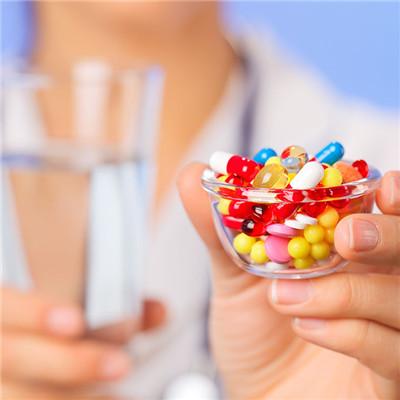
Examination 3: liver biopsy cytology examination: liver biopsy cytology examination is the gold standard for the diagnosis of fatty liver, with high accuracy, especially the examination method of local fatty liver, but it has not been widely used in clinic because of its high price and certain trauma.
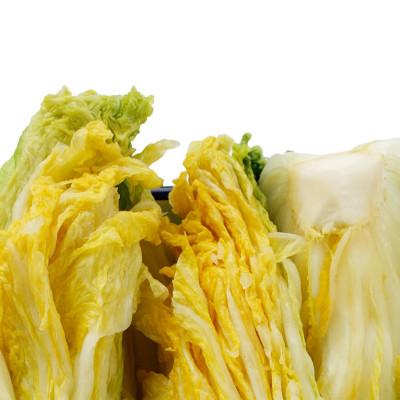
matters needing attention
In this regard, I would like to remind you that when you eat fat free food, the body can still synthesize fatty acids from sugars and precursors of amino acids, and excessive intake of sugars can increase insulin secretion and promote the conversion of sugar into fat. In addition, the composition of diet should be determined according to different causes and conditions.
